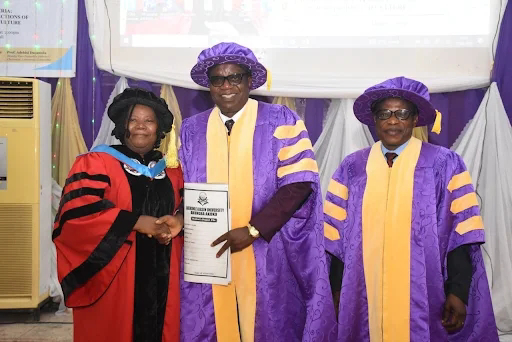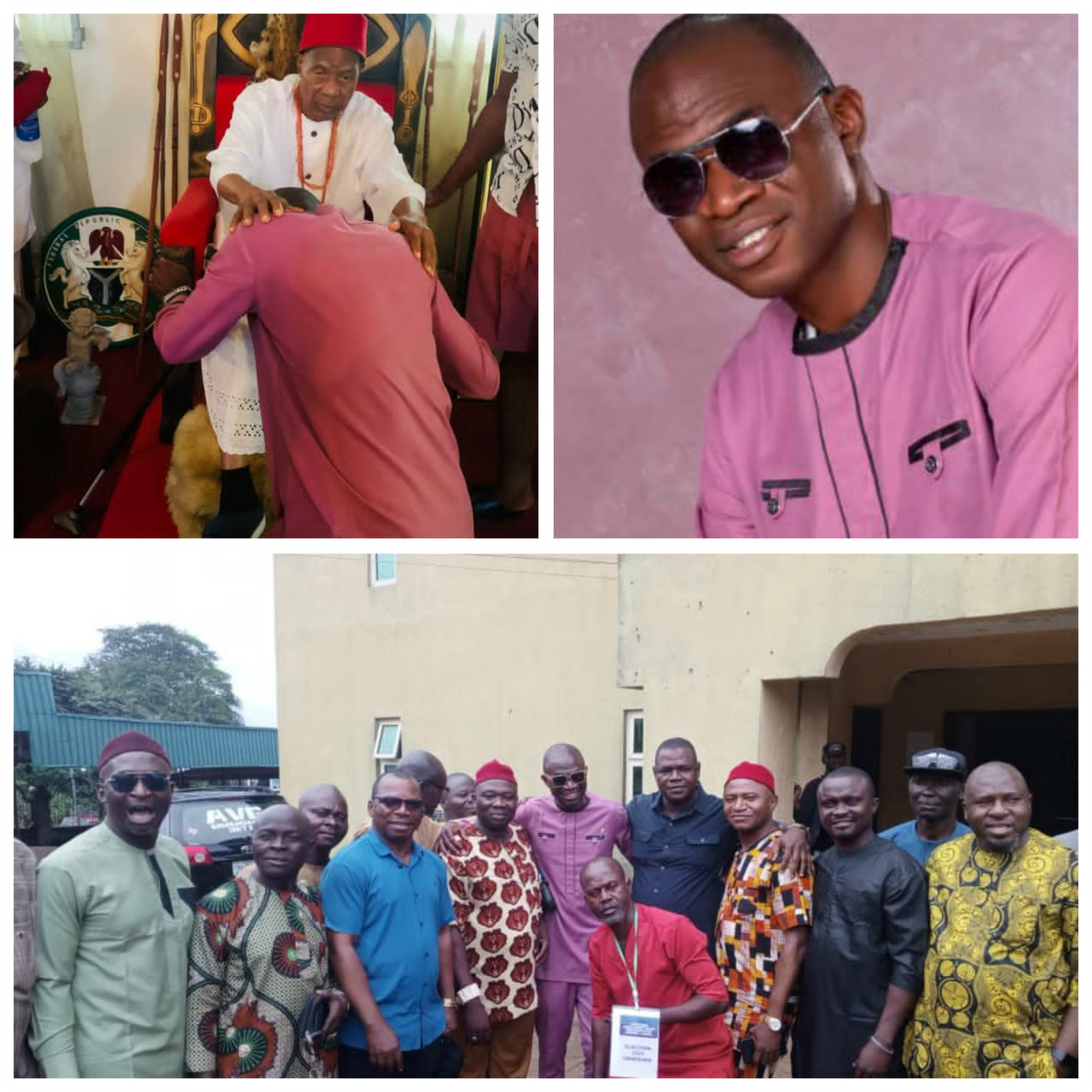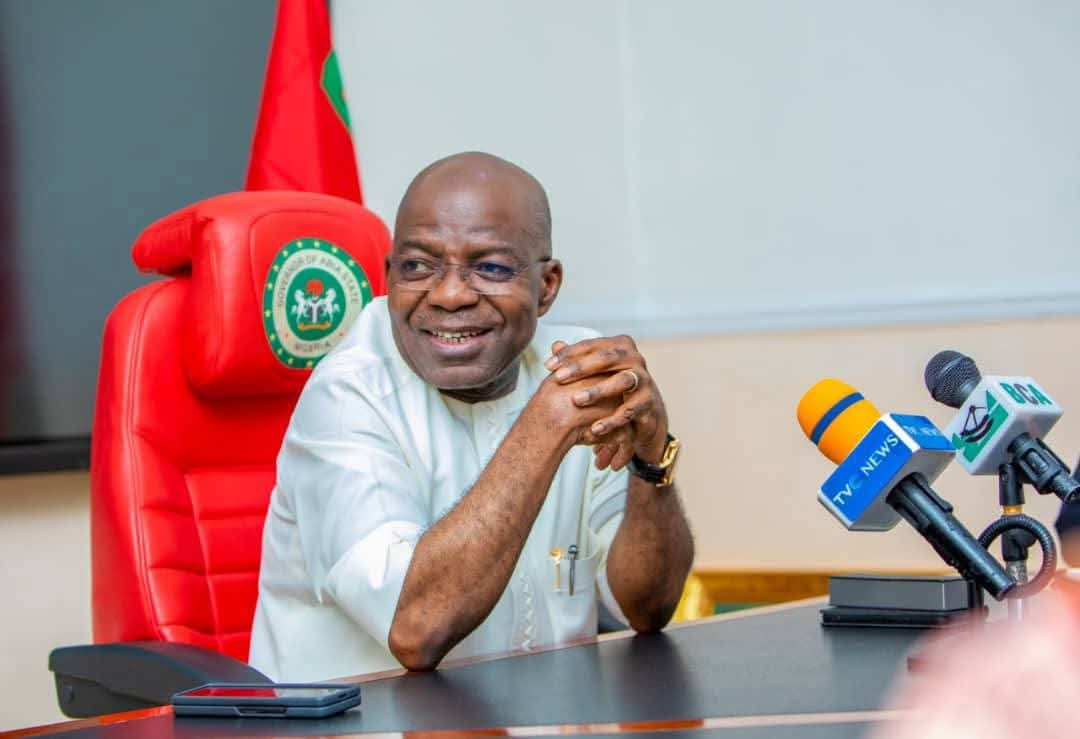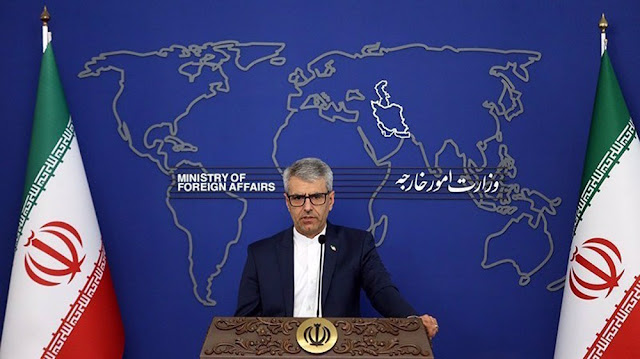Renowned scholar and gender advocate, Prof. (Mrs.) Victoria Kikelomo Olugbemi, has called for a decisive shift away from Western-style political systems in Nigeria.
She urged African leaders to embrace indigenous governance rooted in precolonial traditions, cultural heritage, and gender equity as a more sustainable pathway to national development and stability.
Prof. Olugbemi, a Professor of Socio-Cultural History and Gender Studies, made the call while delivering the 40th Inaugural Lecture of Adekunle Ajasin University, Akungba Akoko, on Tuesday, May 27, 2025.
Describing African civilization as one of the most enduring in world history, she maintained that replicating European governance frameworks has stifled local progress.
According to her, adopting indigenous systems—built on communal values and long-standing checks and balances—will accelerate local and regional development across the continent.
She emphasized the importance of political reforms rooted in African identity, urging lawmakers to explore native political traditions rather than foreign models.
“The structure of precolonial African kingdoms, with their internal mechanisms of accountability, can offer the blueprint for a stable and prosperous Nigeria,” she asserted.
Prof. Olugbemi also defended the sanctity of traditional leadership, stating that monarchs—descendants of royal bloodlines—are divine custodians of culture and should be installed strictly according to ancestral customs, not government policies.
She stressed that these institutions have their own self-regulating systems, and should not be subjected to modern political interference.
On the subject of gender and nation-building, the Inaugural Lecturer highlighted the need for equal participation of men and women in national affairs.
She argued that true progress can only be achieved when gender equity, cultural identity, and religion are integrated positively as tools for liberation and development.
“Patriarchy and authoritarianism must give way to inclusive governance,” she said, noting that the survival or downfall of nations has historically been linked to how they manage gender, religious, and cultural issues.
She urged leaders and the media to approach these themes with care to preserve national cohesion.
Prof. Olugbemi also emphasized the crucial role of inclusive education in fostering national unity and political stability.
She called for increased government investment in public education, warning against the growing preference for private universities.
“Neglecting public institutions while approving more private ones undermines the Education for All initiative,” she noted.
She further advocated for a reformed curriculum that instills civic responsibility, patriotism, and national history, asserting that such education will lay a stronger foundation for societal transformation.
Highlighting the plight of out-of-school children, she called for policies that incorporate them into adult education programs to combat hunger and poverty.
Such efforts, she said, are critical to Nigeria’s attainment of the Sustainable Development Goals, particularly in the areas of gender equality and lifelong learning.
In his remarks, the Vice Chancellor of Adekunle Ajasin University, Prof. Olugbenga Ige, commended Prof. Olugbemi for her exceptional scholarship and service to humanity.
He praised her dedication to academic excellence and her contributions to both the university and the broader advocacy for gender equity.









